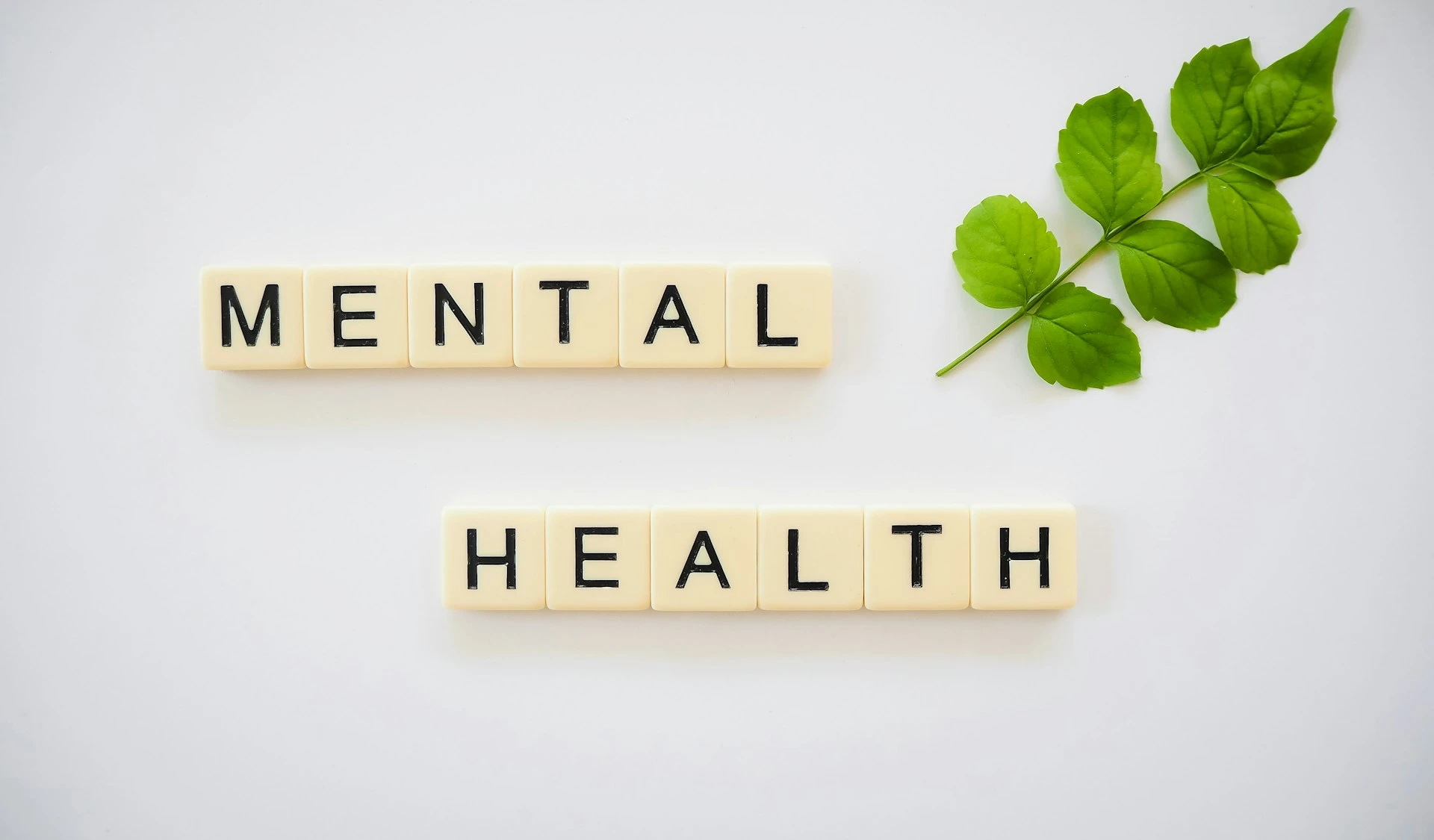Table of Contents
Living with diabetes isn’t just a physical challenge. It’s an emotional one too. From checking blood sugar to worrying about complications, the daily demands of managing a chronic condition can take a toll on mental well-being.
And yet, this side of diabetes is often invisible. People talk about A1C levels, insulin doses, and carb counts—but rarely about fear, frustration, burnout, or anxiety.
The truth is that diabetes and mental health are deeply connected. And taking care of your emotional well-being isn’t separate from managing your condition—it’s part of it.
Let’s explore how diabetes affects mental health, how mental health affects blood sugar, and most importantly, what you can do about it.
The Emotional Weight of Diabetes
Diabetes is a 24/7 condition. There are no days off. The choices you make each day—what to eat, when to move, when to test—can feel endless. Over time, this constant self-monitoring can lead to diabetes distress, a term used to describe the emotional burden of living with diabetes.
Common feelings include:
- Frustration with never-ending routines
- Guilt after a high blood sugar reading
- Fear of complications or long-term consequences
- Exhaustion from decision fatigue
- Isolation from friends or family who don’t understand
These emotions aren’t weakness—they’re normal. But when left unaddressed, they can lead to burnout or even depression.
How Mental Health Impacts Blood Sugar
Stress, anxiety, and depression don’t just affect your mood. They can directly impact your blood sugar levels.
Here’s how:
- Stress hormones like cortisol and adrenaline raise blood sugar
- Anxiety can lead to unhealthy eating or skipped meals
- Depression may reduce motivation to exercise or take medications
- Poor sleep, common with stress, worsens insulin resistance
In other words, your mental state isn’t just in your head—it’s in your glucose readings too.
When mental health suffers, self-care routines often break down. That can lead to a dangerous cycle where high blood sugar worsens mood, and poor mood leads to worse control.
But that cycle can be interrupted.
Recognizing the Signs
Not every mental health struggle looks the same. Here are signs that your emotional well-being might need more attention:
- Feeling overwhelmed by diabetes tasks
- Avoiding glucose checks out of fear
- Withdrawing from social situations
- Trouble concentrating or making decisions
- Changes in appetite or sleep
- Persistent sadness, hopelessness, or irritability
- Using food or alcohol to cope
If you’re experiencing several of these, you’re not alone—and you don’t have to face it without help.
What You Can Do (That Really Helps)
1. Talk About It
You don’t have to carry the burden silently. Share how you feel with someone you trust—a partner, friend, counselor, or your doctor.
Sometimes just naming the frustration out loud can reduce its power. You may also find that others have felt the same way and can offer support or perspective.
If needed, ask your doctor for a referral to a mental health professional who understands chronic conditions. Therapy isn’t just for crises—it’s a form of maintenance, like checking your A1C.
2. Create Space for Self-Compassion
You are not a number. Not your glucose reading. Not your weight. Not your carb count.
Everyone with diabetes has good days and bad days. You’ll make progress. You’ll make mistakes. That’s part of being human.
Try speaking to yourself the way you would speak to a friend:
- “You’re doing your best.”
- “Today was tough, but tomorrow is a new chance.”
- “That number doesn’t define your worth.”
Self-kindness reduces shame, which improves motivation and emotional resilience.
3. Reduce Overwhelm With Structure
Decision fatigue is real. Instead of trying to do everything perfectly, build routines that simplify your day.
- Plan meals ahead of time
- Set reminders to check blood sugar or take meds
- Create a relaxing bedtime routine
- Designate time for movement, even if short
Structure reduces anxiety and builds momentum. You don’t need motivation every day—just systems that work even when you’re tired.
4. Move Your Body to Move Your Mood
Exercise isn’t just good for glucose. It’s one of the fastest ways to improve mood, reduce stress hormones, and increase serotonin and dopamine—the feel-good brain chemicals.
Even light activity helps:
- A 10-minute walk
- Gentle stretching
- Dancing to music at home
- Taking stairs instead of the elevator
Movement doesn’t need to be intense—it just needs to happen.
5. Sleep, Hydration, and Sunlight
These three pillars support both mood and blood sugar:
- Sleep: Aim for 7–9 hours. Poor sleep increases insulin resistance and emotional reactivity.
- Hydration: Dehydration affects mood and energy. Keep a water bottle nearby.
- Sunlight: Try to get at least 15 minutes of natural light per day. It regulates circadian rhythms and boosts vitamin D.
Taking care of your body helps take care of your mind—and vice versa.
6. Find Community
Living with diabetes can feel isolating, but you’re not alone. Join a support group, online forum, or social media space where people share their journeys.
You’ll find stories, strategies, humor, and hope. Sometimes just hearing, “I get it,” makes all the difference.
Mental Health Deserves the Same Care
We track glucose, count carbs, take medications—but mental health often gets pushed aside. That needs to change.
Because when you feel emotionally strong, you’re more likely to follow your care plan, stay active, eat well, and advocate for your needs. Mental health isn’t separate from diabetes management—it’s a driving force behind it.
It’s okay to ask for help. It’s okay to feel tired. And it’s absolutely okay to take care of yourself—inside and out.
Scientific References
- Fisher, L. et al. (2010). Diabetes distress but not clinical depression or depressive symptoms is associated with glycemic control in both cross-sectional and longitudinal analyses. Diabetes Care
- American Diabetes Association. (2022). Emotional Health and Diabetes
- Centers for Disease Control and Prevention. (2023). Diabetes and Mental Health

Leave a Reply